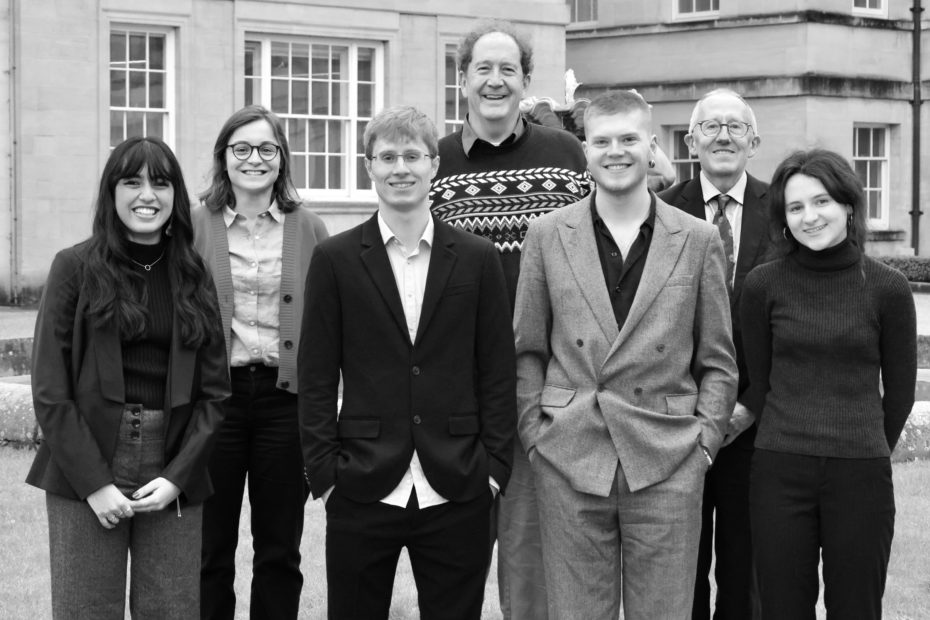Guest Post: AI Alignment or Human Alignment?
Written by Professor Cinara Nahra One of the most important issues that arises in relation to artificial intelligence is how to handle it, that is, how to make AI something that can be developed for the good of humanity and not to promote its destruction. This is directly linked to the problem of aligning artificial… Read More »Guest Post: AI Alignment or Human Alignment?










